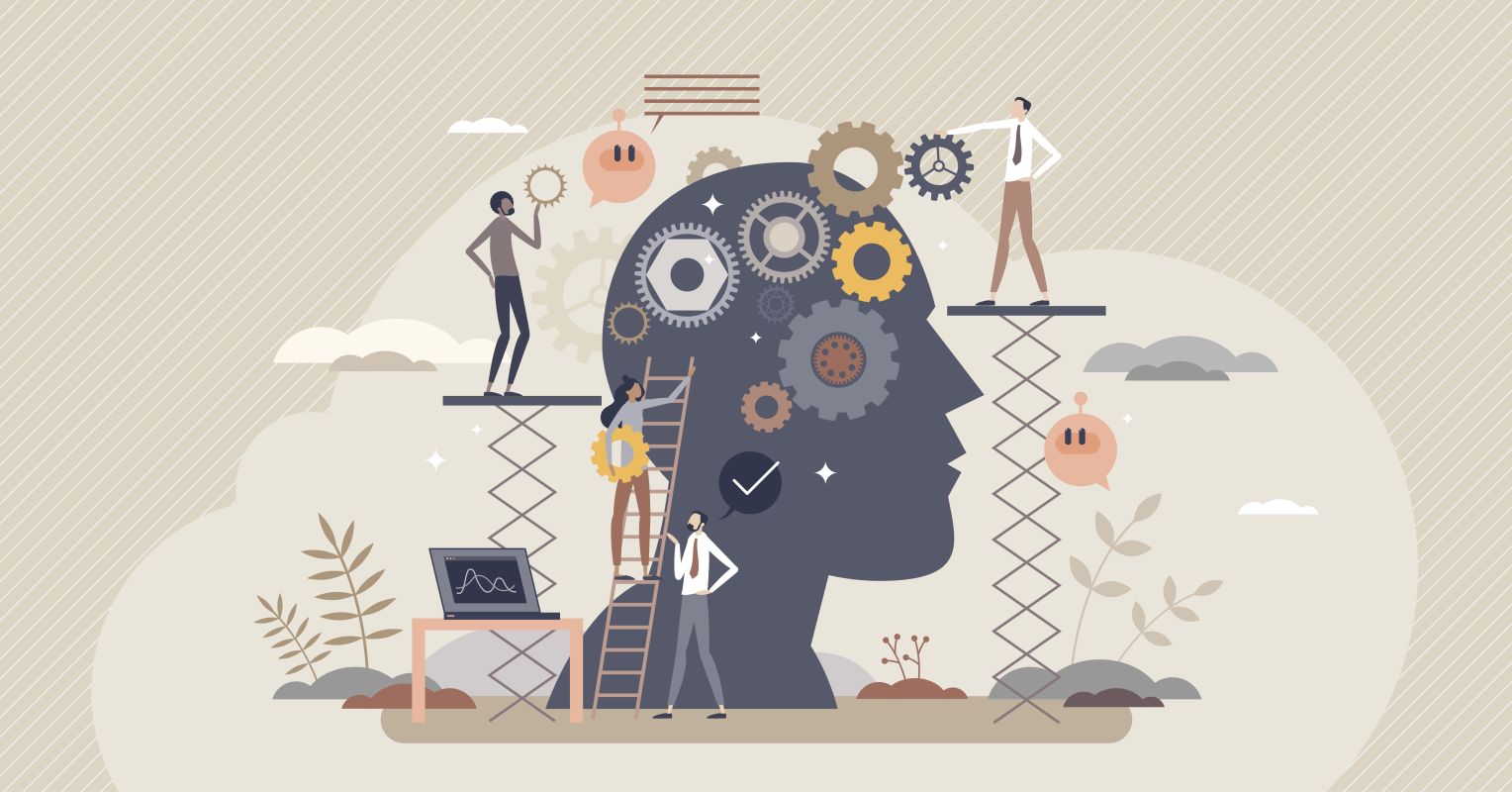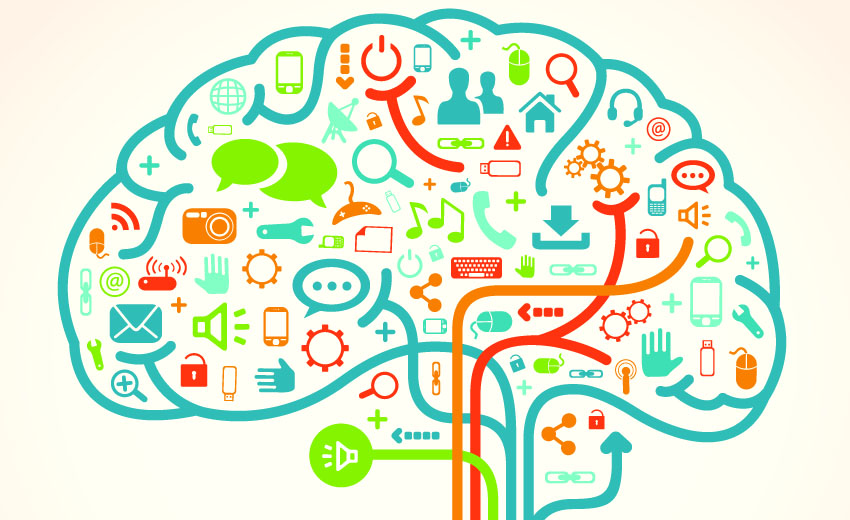The Psychology of Memory: Understanding How We Remember and Forget
Memory is a fascinating phenomenon that shapes our lives in profound ways, yet its workings often remain mysterious to many. From remembering cherished moments with loved ones to recalling important facts for exams, memory influences almost every aspect of our daily existence. In this blog post, we'll delve into the essence of the psychology of memory, exploring how we remember, why we forget, and what this means for our understanding of the human mind.
What is Memory?
At its core, memory refers to our brain's ability to store, retain, and recall information and experiences. It enables us to learn from past events, make decisions based on previous knowledge, and navigate the complexities of life. Psychologically, memory is divided into several types, each serving different functions:
Sensory Memory:
This initial stage briefly holds sensory information from our surroundings, such as the smell of freshly baked bread or the sight of a sunset.
Short-Term Memory:
Also known as working memory, this holds information temporarily while we actively work with it, like remembering a phone number long enough to dial it.
Long-Term Memory:
This is where information is stored for longer periods, potentially indefinitely, ranging from personal memories to general knowledge.
Key Aspects of Memory
1. Encoding, Storage, and Retrieval
Memory operates through three main processes: encoding, storage, and retrieval. Encoding involves converting sensory information into a form that the brain can use and store. Storage refers to maintaining this information over time, which can range from a few seconds to a lifetime. Retrieval is the process of accessing stored information when needed like recalling a favourite childhood memory or reciting a poem learned years ago.
Types of Memory
Explicit Memory:Also known as declarative memory, this includes memories of facts and events that can be consciously recalled, such as remembering the name of your first pet or historical dates.
Implicit Memory:
This involves memories that are not consciously recalled but still influence behaviour and cognitive processes, such as procedural memory (knowing how to ride a bike) or emotional memory (associating a place with a feeling).
Forgetting and Memory Errors
While memory is generally reliable, forgetting is a natural part of the process. It can occur due to interference from other memories, lack of retrieval cues, or even deliberate suppression of unwanted memories. Memory errors, such as false memories or distortions, highlight the complexities of how our brains store and recall information.Relevance of Memory in Everyday Life
Understanding the psychology of memory has wide-ranging implications. It influences education, as educators use strategies to enhance learning and retention. In healthcare, it plays a crucial role in diagnosing and treating conditions like Alzheimer's disease and amnesia. Moreover, in legal contexts, memory's fallibility underscores the challenges of eyewitness testimony and the importance of forensic psychology.
Insights and Anecdotes
Consider the vividness of childhood memories: the first day of school nerves, the taste of a favourite dessert. These moments illustrate how deeply ingrained memories can be and how they shape our identities. Reflect on how certain scents can transport you back in time or how a familiar song evokes strong emotions tied to specific memories. These anecdotes highlight memory's emotional and sensory dimensions, underscoring its complexity and richness.
Conclusion
In conclusion, the psychology of memory reveals the intricate workings of our minds, from the initial perception of information to its long-term retention and occasional forgetting. Memory is not merely a passive recorder of events but an active, dynamic process that influences our perceptions, decisions, and interactions with the world. As you reflect on your own memories and experiences, consider how understanding memory can enhance your learning, enrich your relationships, and deepen your appreciation for the human mind's capabilities.
Delve deeper into the psychology of memory to uncover more about how memories form, persist, and sometimes fade away, shaping our individual and collective narratives. Whether you're intrigued by cognitive neuroscience, fascinated by human behaviour, or simply curious about your own memories, exploring this topic can offer profound insights into what makes us uniquely human. By understanding The Psychology of Memory: Understanding How We Remember and Forget, we gain not only knowledge but also a deeper appreciation for the intricate workings of our minds.





Comments
Post a Comment